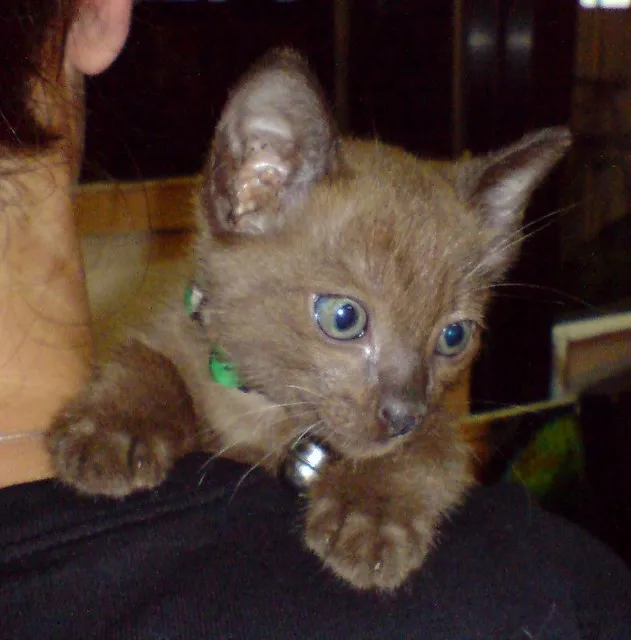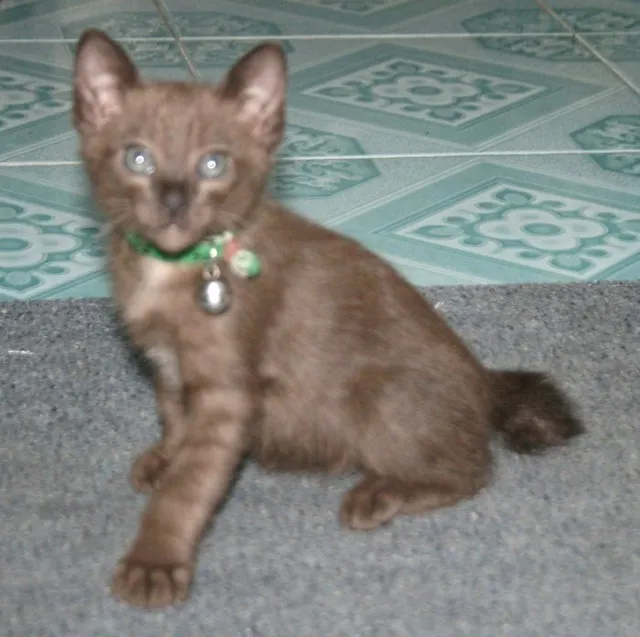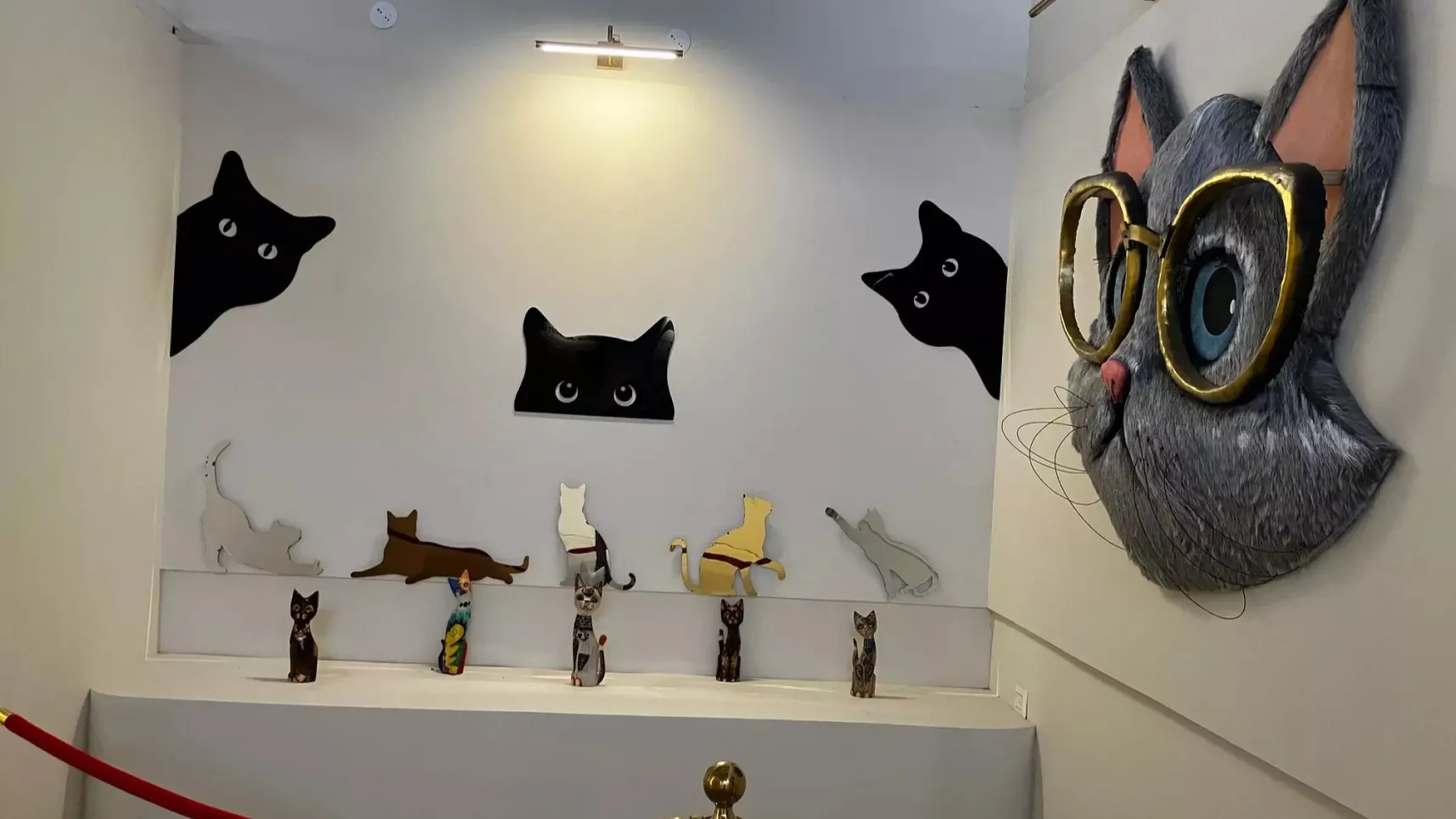All Pets
Dogs
Cats
Birds
Fish
Media
Rescue & Shelters
Pet Services & Shops
Happy Mart
Events
T-Shirts
Home
/
Cat Breeds
/
Suphalak
Suphalak
Origin
Thailand
Size
Medium Breed
Ideal Space
Apartment
Ideal Weather
20º-30ºC
Life Expectancy
12-15 years
Cost of buying
₹ 30,000 - ₹ 60,000
Top 5 Traits
Playful
Curious
Friendly
Affectionate
Vocal
Avg Monthly Expenses
₹ 2,800 - ₹ 4,200



by Happy Pet Team

Introduction to the Suphalak
Characteristics
Temperament with Kids
Aggressive
Friendly
Playfulness
Silent
Very Playful
Friendliness
Not Friendly
Super Friendly
Shedding amount
Negligible
Frequent
Compatibility with other cats
Not Friendly
Super Friendly
Prey Drive
Low
High
Need for attention
Independent
Very Needy
Monthly Expenses
Suphalak Price Guide
Cost of buying
₹ 30,000 - ₹ 60,000
Shop or Adopt a Suphalak: Make the Right Choice!
Nutrition Care for the Suphalak
Monthly Food Expenses
₹ 1,500 - ₹ 2,000
Calories per day
Kittens: 300 kcal
Adults: 250 kcal
Essential Nutrients
Protein
Fats
Carbohydrates
Vitamins
Minerals
Amino Acids (Taurine, Arginine, etc.)
Essential Fatty Acids
Fiber
List of foods
Dry kibble
Wet canned food
Semi-moist cat food
Cat-specific multivitamins
Chicken (cooked or raw)
Turkey
Salmon
Eggs (cooked)
Breakdown of Macro-nutrients
Best Foods for Suphalaks
Foods to Avoid for Suphalaks
Avoid anything with these ingredients
Onions and Garlic
Caffeine
Chocolate
Alcohol
Bones
Raw Eggs
Artificial Additives
Grapes and Raisins
Healthcare for the Suphalak
Avg Monthly Expenses
₹ 500 - ₹ 700
Common Health Issues
Upper Respiratory Infections
Dental Problems
Obesity
Gastrointestinal Issues
Hyperthyroidism
Urinary Tract Infections (UTI)
Skin Allergies
Progressive Retinal Atrophy
Activities
Play with Toys
Chasing Objects
Exploring
Climbing
Interactive Playtime
Energy Level
Medium
Exercise routine
30 - 60 minutes
Recognising Stress
Decreased appetite
Hiding
Overgrooming
Changes in litter box behavior
Increased vocalization
Common Health Problems in Suphalaks
Vaccination details
Growth Stage
Core Vaccines
6-8 Weeks
FVRCP (Feline Viral Rhinotracheitis, Calicivirus, Panleukopenia) - 1st dose.
10-12 Weeks
FVRCP - 2nd dose.
14-16 Weeks
FVRCP - 3rd dose, Rabies (1st dose).
1 year
FVRCP booster, Rabies booster.
Annually
FVRCP booster, Rabies booster.
Suphalak Grooming Routine
Avg Monthly Expenses
₹ 800 - ₹ 1,500
Shedding Level
Low Shedding
Hygienic Checklist
Litter Box
Grooming (for some breeds)
Hydration
Health Observation
Nail Trimming
Ear cleaning
Benefits of Grooming
Cleanliness
Low Shedding
Odourless
Prevents infections
Quality of life

Written by
Happy Pet Team
Author
Compare with similar breeds
Frequently Asked Questions
Why are Suphalaks so rare?
They are among the rarest cat breeds in the world and used to be traditionally given as gifts in Thailand. They have strict breeding requirements, which prevent them from being outcrossed with non-Thai cats.
How is the Suphalak different from the Burmese cat?
The Suphalak are naturally bred with a sturdy copper-brown colored coat with distinct facial and body structures, whereas the Burmese is a created breed with dark points and a facial mask.
Are Suphalaks good family pets?
Yes, they are very sociable and loving, and active, so they will be great pets in calm homes with experienced owners.
Can Suphalaks be found outside Thailand?
Very rarely, the first Suphalak was exported to the United States in 2013, and they remain extremely limited in number worldwide.







